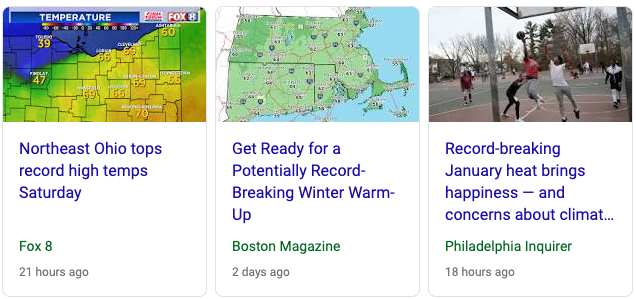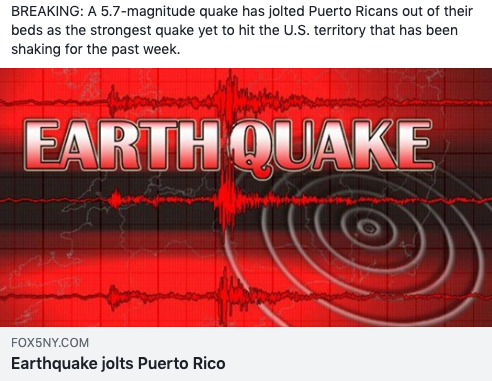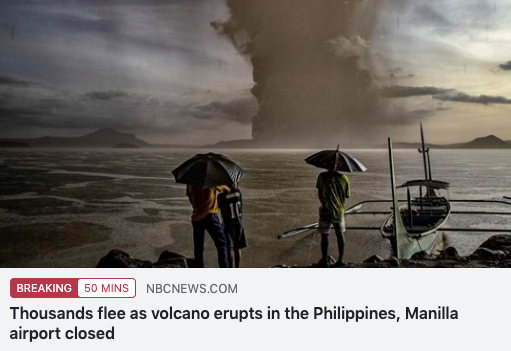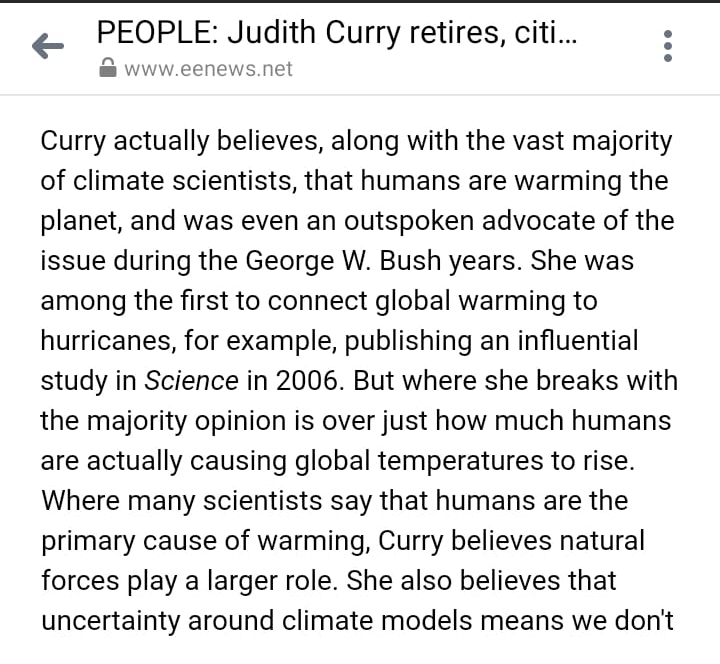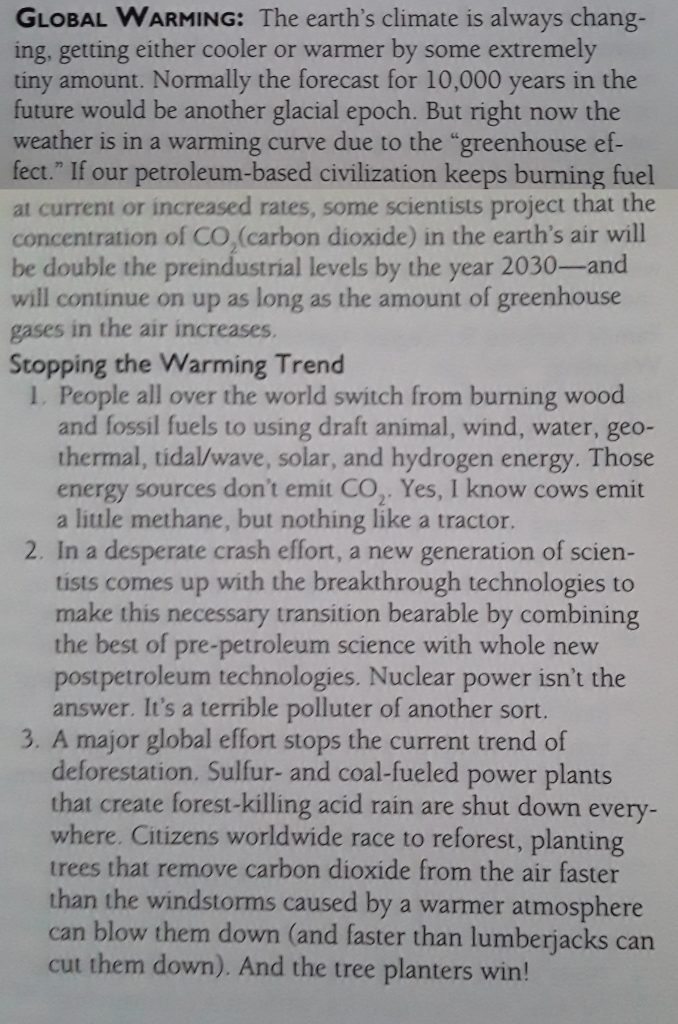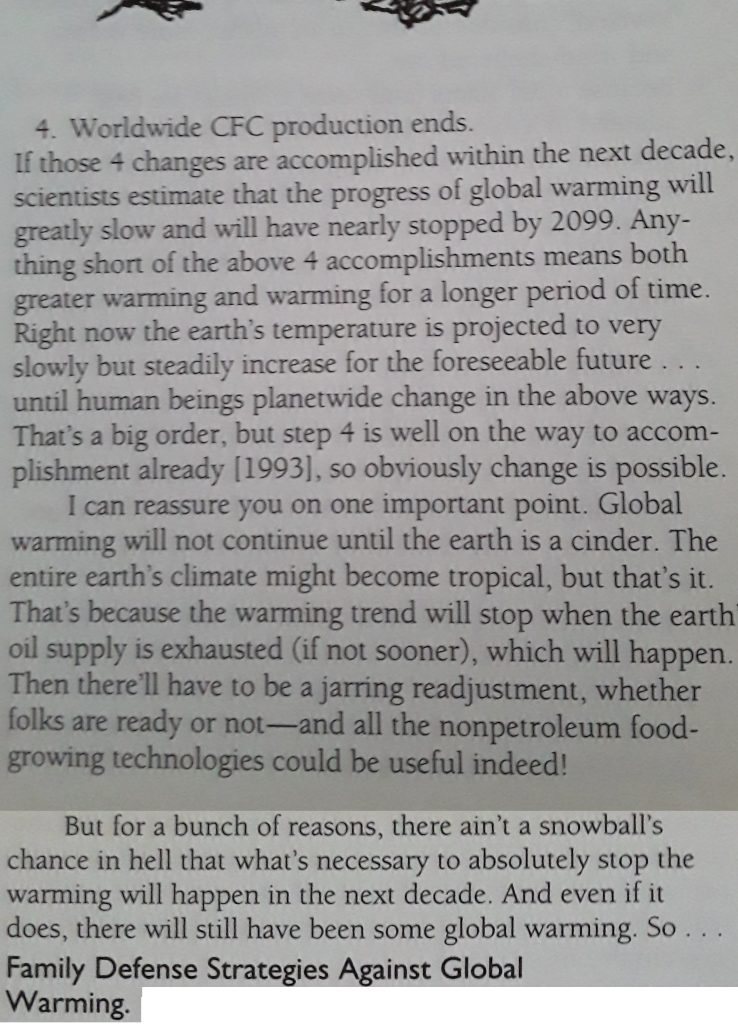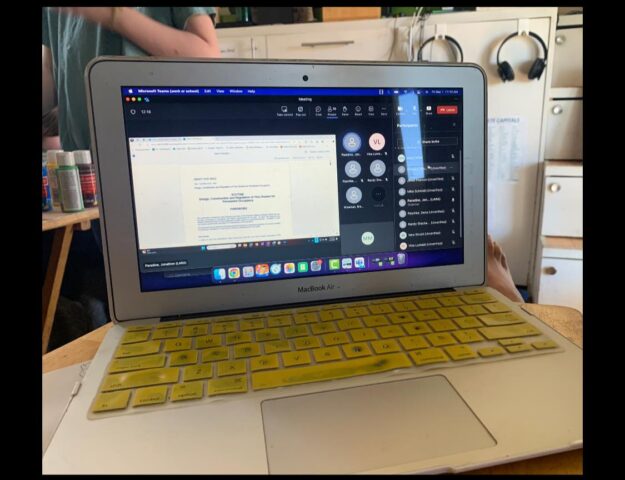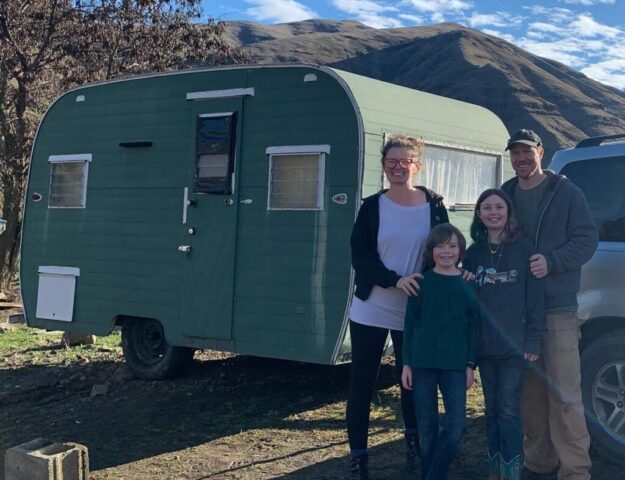Getting Past Climate Change
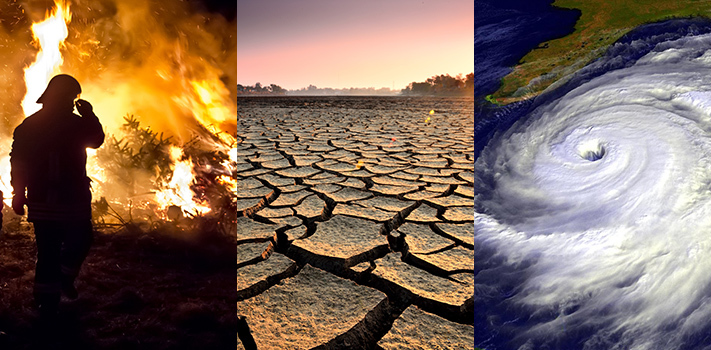
Right now, knowing what you know, look around at the world. Is it changing? Are fires exponentially worse? Are hurricanes seeming to be stronger? Weird polar bursts? Record temps? Earthquakes? Volcanos? (yes, those are symptoms of climate change). You might feel (as I often hear from boomers – sorry to generalize) that nothing has really changed but our ability to access information via the internet. There’s one major problem with this: it rejects science and scientists. If that is your rational, I challenge you to use that accessibility to look up historical data. The climate is in fact changing and at greater speeds than scientists initially projected.
This is about ‘prepping’, not in the traditional ‘doomsday’ sense though. Since 2013 there has been an upswing in amount of people interested in ‘prepping’. It’s estimated that 4.5% of the population considers prepping to be a crucial part of life. Another 16.5% partake in prepping activities regularly, but to a less extreme degree. I’d suggest if you have ever purchased non-required insurance you have participated in prepping, too. It’s not a bad thing.
A big part of why we are transitioning our life out of ‘the city’ and into the country is to prepare ourselves for impending hardships. I want to ‘put it out there’ to start a discussion that I think is important. I do this knowing I will probably get messages from people who think I’m nuts. That’s ok. I would still love to hear your response, even if it’s that you think me a little kooky.
What this post isn’t
If you want to debate climate change I invite you to stop reading now. This isn’t be a debate on whether or not you ‘believe in’ climate change. The greatest minds in the world agree the climate is changing. There isn’t a single voice, educated in the sciences, who doesn’t agree that the Earth is in fact warming up at increasing rates. The biggest voices against climate change only state that it is a ‘natural occurrence’ and nothing to change human habits over. (Something I feel is well beyond ‘naive’ and very much in the ‘dangerous’ category). In every case they agree that the effects will need to be dealt with. It’s not worth our time to continue to debate.
I’m also not focusing on ‘fixing it’
I feel, at this point, if everything changed overnight (which it won’t), we don’t realistically have a chance at stopping the progression of the warming. Our best hope is to slow things down but there will still be significant effects. I have been interested in these conversations for 25 + years. If the information we’ve known in that time hasn’t been taken seriously yet I don’t think it or any new info will be. There has never been more talk about climate change as there has been in the last year (thank you Greta!). That’s fantastic! Still, it’s all just talk. Still, nothing concrete is happening to effect the wide spread and significant change needed.
To make things more complex, the political climate has also changed. It’s no longer ‘of the people, by the people, for the people,’. We have career politicians who live in parallel economies whose livelihood, frankly, depends on confusing the masses. These leaders have created man-made systems of dependency, from mandatory infrastructure to policies. As the natural world changes the U.S. leaders appear to double-down in an effort to maintain control over our dependancy. No matter how big their ego, people are not going to win against nature. What I can see happening though, is the US maintaining their stance of wildly underprepared for the natural shifts in the name of willful ignorance. I think we can (and SHOULD) make a choice to step out of these systems and shift toward self-reliance.
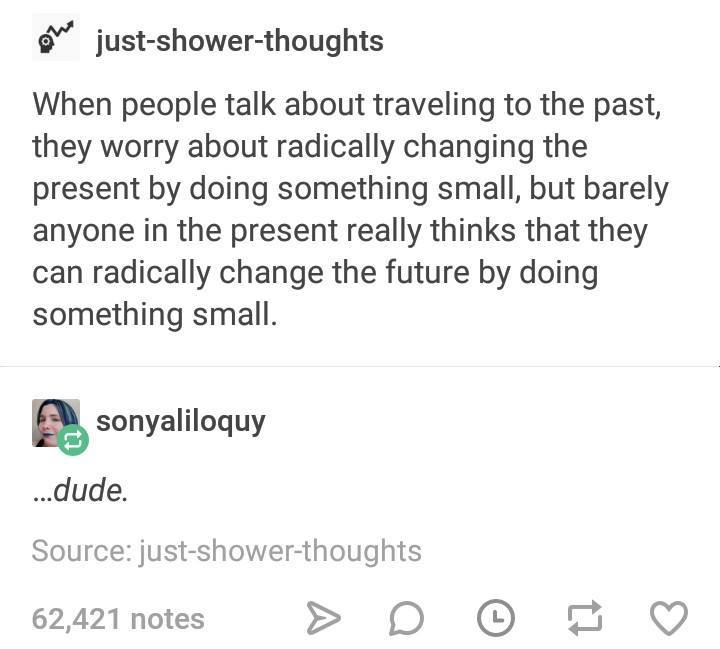
I think it’s a given that we should all be doing what we can to reduce plastics. To eat as locally and responsibly as possible. Support farmers who focus on regenerative agriculture instead of mono crops. Skip fast fashion and fast food. Our society has made self-awareness very hard but we should all struggle to be aware of our impacts. And do better. Along with that, there are things we ought to prepare for in our changing future because, with significant enough changes, insurance funds will run dry. Investing in yourself and skills necessary to prepare is no different than buying an insurance policy. No one can take the payout from you though.
My goal with this post
I would like to get you to think about climate changes and how your regional considerations will impact you specifically. I’d also like you to consider if there is anything you can do now to prepare for these changes? Because we’re in it. It’s time to start. I would like to get ideas from others and continue a community of support.
I think in order to try to best prepare we first need to look at what ‘climate change’ means for you. Different areas are going to experience different hardships. If you’re paying attention I bet you’ve even started to notice some changes. Maybe drought, fires, arctic blasts, hurricanes, floods?
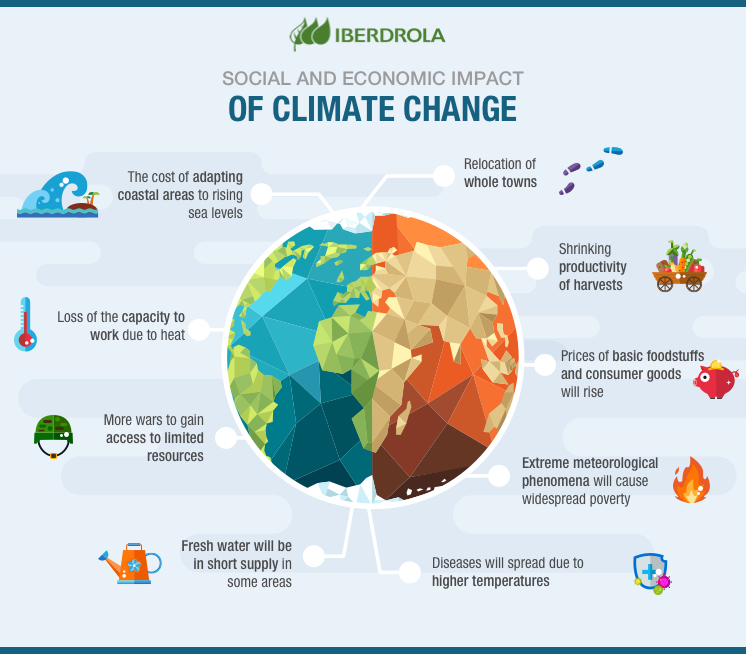
First steps
1) Let’s ignore the political BS. It’s not serving us. Yes, vote and engage but don’t hang your hat on the outcome.
2) Make a point to identify what your specific concerns and hardships will be so that you can prepare a response. Every place has their own brand of natural disaster. Identify those and you’ll have a good starting point. Some places have already put together a summary of a plan. California for instance has an “Adaptation Planning Guide”. I think that is a very informative starting point. It was adopted 7 years ago and developed with the help and input of Emergency Responders (who are already dealing with the first big changes – massive fires), EPA, Natural Resource Agency, Universities, etc. In it, they address, as a community, actionable changes for buildings/zoning/industries to focus on in order to start adapting to growing needs. Their projected climate changes include “increased temperatures, a rise in sea level, reduced winter snowpack, altered precipitation patterns, and more frequent storm events.” These are very serious things that will have very serious impacts and so far they are happening right in step with the predictions if not a little more quickly. Given, this is from California so it’s not directly applicable other places. It will give you a good idea of the depth of these issues though.
Overall climate changes
I think people feel like ‘climate change’ is akin to rapture and it is one fatal swoop for our species. It’s easy to deny that will happen. Fortunately, that’s not the path we’re on. We can see these changes coming from miles and miles away! Decades really. (Not that that’s done us any good!)
Here is a snip-it of a section in a book I have (The Encyclopedia of Country Living by Carla Emery – Coincidently a book I strongly recommend for every home library). This snip-it was written 27 years ago for what that’s worth.
From there it goes into strategies to adopt in preparation for new weather patterns which are extrapolated from The National Resource Defense Council (NRDC) data. Basically the strategies are shifting housing to be less system dependent and more naturally conditioned, safe from floods, winds and fire. Move north if possible, diversify food sources and build strong communities.
From everything I have read (this and MANY other research studies) the worst of it will be wind and water related. By itself it doesn’t sound that bad but wind exasperates every single disaster AND most of our cities (and therefore most of our populations) have been built around waterways. The warm winds will push weather fronts further and harder. There will be freezes where infrastructure isn’t built for that. These fires we are seeing could be contained if it we’re for the wind! Hurricanes continue to increase in intensity. 100 year flood zones are becoming 50 year flood zones. Storms are happening more often and become more severe. Issues compile on themselves, too. Burnt forests/land means even higher wind speeds, mud slides, animal population effects, etc. Basically, “norms” are changing, and we’re in the very beginning of that. We still have time to prepare but perhaps it’s time to let go of the thought that we can unwind this clock and it will get better.
If we choose not to prepare
People will continue to be exposed to more severe heat days per year. So far this primarily effects ‘at-risk’ individuals. It will start to have a greater effect on everyone though. Stalling work, therefore income, if not health. Heat complicates other illnesses also, which can be deadly. Instead of a couple hundred people dying of heat stroke every summer it will be a couple thousand. A couple times each summer.
Existing businesses and houses will be in new flood zones. Or fire zones. Some of America’s biggest cities were built in some of the most vulnerable places (Seattle, New York, New Orleans, etc.). Or they are built downstream from infrastructure like dams that could fail in the increasingly frequent and severe, otherwise natural, occurrences. This could cause flooding but a bigger impact would likely be the loss of power (the purpose of most dams), irrigation water and drinking water. Federal Emergency Management Agency (FEMA) funding will eventually run out. We won’t have spare emergency responders to send out to help each other because everyone is busy with their own emergencies.
Think about it, are you potentially in the path of a natural disaster right now? Near any volcanoes, fault lines, hurricanes, tornados? Are you near a coast where rising waters, tsunamis or hurricanes could become damaging? Do you live in one of the areas susceptible to a possible infrastructure disaster (Boise is)? Do you have a plan if some level of disaster does occur?
The point
When it comes right down to it our basic human needs are slowly going to be undermined if we continue to rely on the system that (97% of scientists agree) got us into this mess.
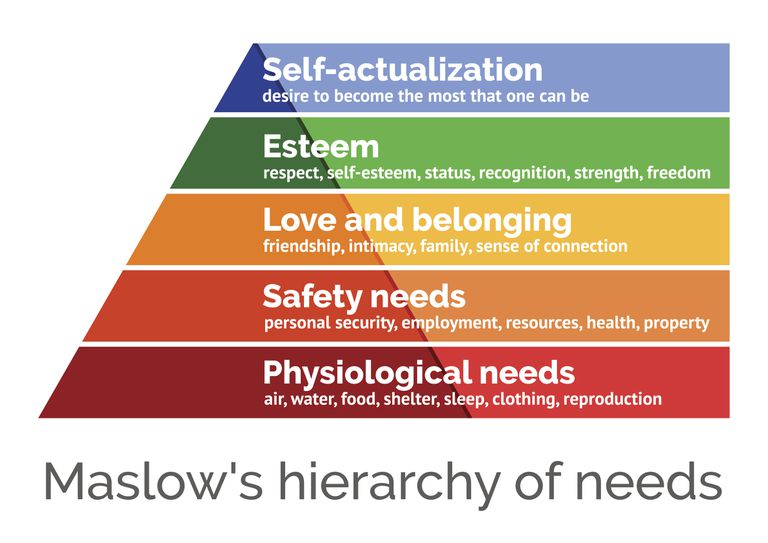
Who cares about self actualizing if you don’t have a place to lay your head at night? Our sense of self may be undermined by our need for reliable sources of food and water. How can we get ahead of this independently because our society isn’t taking nearly big enough steps so far as I can see?
Here’s my take
How does technology play into this?
I’m not sure. I keep hoping a game changing invention will come to light and save everything. Then I remember how much more I trust nature than humans. At what expense would this piece of technology come? Will technology even matter, really? Many suggest we shouldn’t rely on it because it very well could be compromised in some disaster that causes outages. Or by the willful neglect of some dire individuals (electromagnetic pulse (EMP) attack). That makes sense to me. If we find ourselves being dependent on technology instead of ourselves, that seems like an awful big red flag.
My life is pretty analogue and I like it that way. Any tech is just for fun. I do think it’s important we know how to survive without technology. Could you? Would you know how to feed yourself without technology? Would your job still matter? (if you can answer that with a ‘yes’ my guess is you’re better off than most!)
Housing
I am curious if anyone else who reads this has thought of the actual geography of where they live? A fire perimeter. Prevailing winds. Flood zones. Houses used to be constructed in response to these things. Codes do dictate some things like earthquake resistance in construction. Zoning regulates where you can build but frankly that’s gotten pretty lazy and unresponsive to nature (far more responsive to the wants of developers). Responding to these factors used to be mandatory for longevity. Longevity is something our economy threw out the window long ago. We came up with machines like air conditioners and furnaces and we stopped designing our homes and buildings to work with the environment. (All of these ‘advancements’ came with increased CO2 emissions, by the way). There is a lot of room for improvement on our housing and I think it’s going to be a weak link going forward.
In an effort to prepare ourselves we’ve intentionally picked a place that is a colder climate so we can ‘grow into’ the changing norms. We are also moving out away from heat islands. We’ve found a parcel that is not densely populated. It’s private. Our brand of natural disaster is fire. We intentionally kept out of the forest where fires can spread easily in a drought. We’re not building on top of the hill (where status says is best, but nature says is most exposed to winds and harsh weather). Nor are we building at the bottom (which may be impacted by heavy rains and weather). Summer, spring and fall the winds come from the northwest. In winter they come from the south east (and will be able to be buffered by trees that we plant). We are going to be building into the earth as opposed to on it and with natural and local materials best suited to the local environment. In-ground housing is far less dependent on mechanical systems and stays warmer in winter and cooler in summer.
How will your house serve you in the event of increased storms and power loss? I don’t think you need to go to the extremes we are to be perfectly safe but I do think you should have a plan.
Food
It’s been suggested and we are seeing evidence that growing regions are shifting. Trees are shifting north to regions they have never been documented in. Animals are migrating further than they have to have their babies. What once used to be a hearty crop for your area may have a harder time growing in the future. If we are using natural growing methods we will want to learn and adapt to grow the crops that grow in our region.
I have made the goal to grow more of my own food and learn how to preserve it. I think it’s also important that folks teach this to their kids. If not growing it then at least preserving it so that times of plenty can get us through times without. It used to be common knowledge and a part of our education system. It’s no longer that way. Within the span of 100 years nearly all of our family farms have been replaced with mono crop farms. In theory what this was supposed to do was strengthen and solidify our food sources. In reality this has depleted entire swaths of land of nutrients and undermined entire ecosystems. It makes our food system much more vulnerable to small ecological changes. An increase in natural disasters drastically undermines our current food system. This effects supply and demand. It is well within the realm of possibility, right now, that some staple foods will become outside of the normal persons budget, if available at all.
Successfully growing food isn’t something you can learn over night either. It takes a lot of trial and error. Especially if you have no experience. In my opinion you would be smart to start learning now. Regenerative agriculture can also be used as a major tool to lessen the impacts of climate change (Watch this movie (on hulu)). It’s not something that is being incentivized in this economy but if longevity is important to you it would be something I suggest looking into, even in (especially?) small city lots.
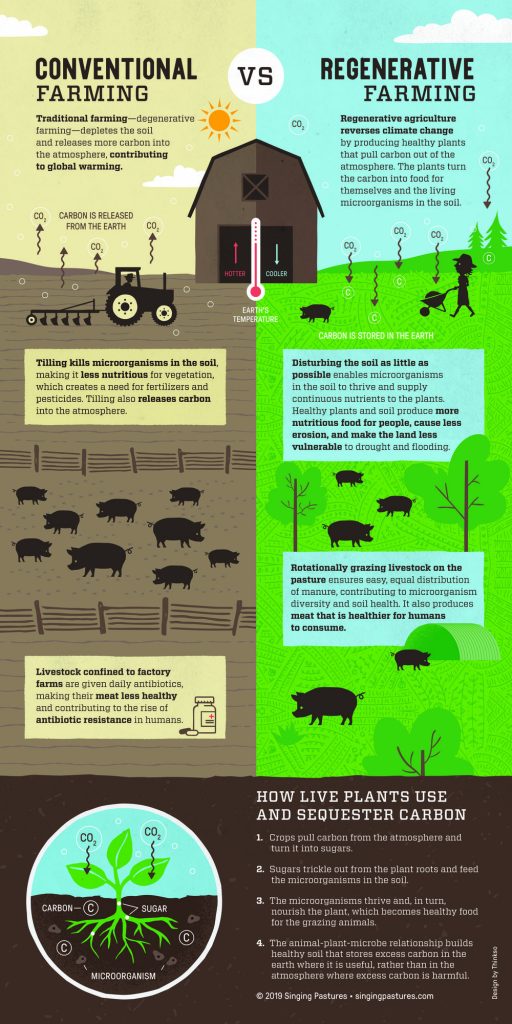
Water
I need to learn more on water systems. Ground water can very easily be compromised (and is by industrial run-off!). My only instinct here is to move to less populated area where the supply and demand are at a more sustainable level. I know there are better solutions than that though.
Harvesting rainwater, where legal, seems it would be a good start. I have heard of earthships where black water is self contained and treated back to drinking water level by various plants and processes. I will admit, this is a weak link for me and one I would love to learn more about. Anything you have thought of for a self-reliant water system.
Source of Income
Trades are being rekindled as great career opportunities and I completely agree with that notion. There will alway be a need for academics but I believe that the more ‘intellectual’ workforce will be less important than the ‘on the ground’ workforce. It’s going to become a much more valuable skill to be able to grow your own food and wire your own power than it will be to work on wall street (I think it already is). If you don’t know things that used to be taught in home economics you should put in effort to start learning now.
Additionally, if you have built your entire skillset around a town or a business that is dependent on snow, or other seasonal luxuries which may get compromised, you may want to start shifting directions. I think the term diversify becomes important for your income source, whatever that is. The term ‘don’t put all your eggs in one basket’ directly applies.
Also, ‘income’ may not be as important as reducing your debts, obligations and need to spend. It may mean making things that you otherwise would buy. In that way you spend less and can use your money elsewhere. Currently for example – I don’t make a lot of money. I do make all of our meals though, which saves us from spending considerable money. I build things we would otherwise purchase (often with reclaimed or free found items). Skills to get by may become just as important as any ‘profession’ ever has been.
Other People
It’s true you have more services in a city. Those easily become over taxed also. Be careful about thinking you are safer in numbers when you live in a city because it is exactly that, our numbers, that have been the most detrimental. In my opinion, as the climate makes further dramatic changes, other people will be the biggest source of good and bad. Being able to read and interact with people is an asset. Building a trusted community is necessary. That can start right now.
If your family was starving what would you be willing to do? It’s like in Aladdin “Gotta eat to live, gotta steal to eat! Otherwise we’d get along”. Only it doesn’t actually stop at stealing. We may have to *gasp* relearn how to socialize with people again – in real life.
Community
Perhaps the most under rated aspect of making it through the troubling times ahead is going to be building a strong community. Being able to take on jobs together. Help each other when needed and when you can. These things are ingrained in human nature but we’re all a bit out of touch with the realities of it. We need to learn who to and how to trust a network of people. Something that has been grossly undermined over time.
What do you think?
This post is meant to make you a little uncomfortable. It makes me uncomfortable writing it. It’s meant to make you think about things. It’s meant to push you to start making intentional decisions. I really do think there are some harsh realities coming – if not for the existing generations then for their kids. I believe more people think this way then are willing to admit it. I am going to continue to put some steps forward to actively attempt to join and build a strong, real life, community.
What do you think? What else should we be considering or thinking about. I left off a lot of stuff, medicine, defense, family planning, etc. I think that everyone prepares in the ways that they know how. We’ve all been encouraged to become ‘specialists’ after all. My education has taught me to look at a general set of problems and come up with a solution. If I widen my view frame it has informed me to focus on adapting to survive future hardships that have already begun. If your background is military, you may be falling back to that training. If your background it sales, that may be your comfort zone.
We can all learn from each other and I would love to hear your perspective. I’d rather over prepare than under prepare and personally, I think it’s much more strange to refuse to acknowledge all that is already happening in our world – independent of political views, consumerism, media distrust or the state of healthcare. If we are dependent on systems that are failing us then we’d better be preparing to fail along with them.

